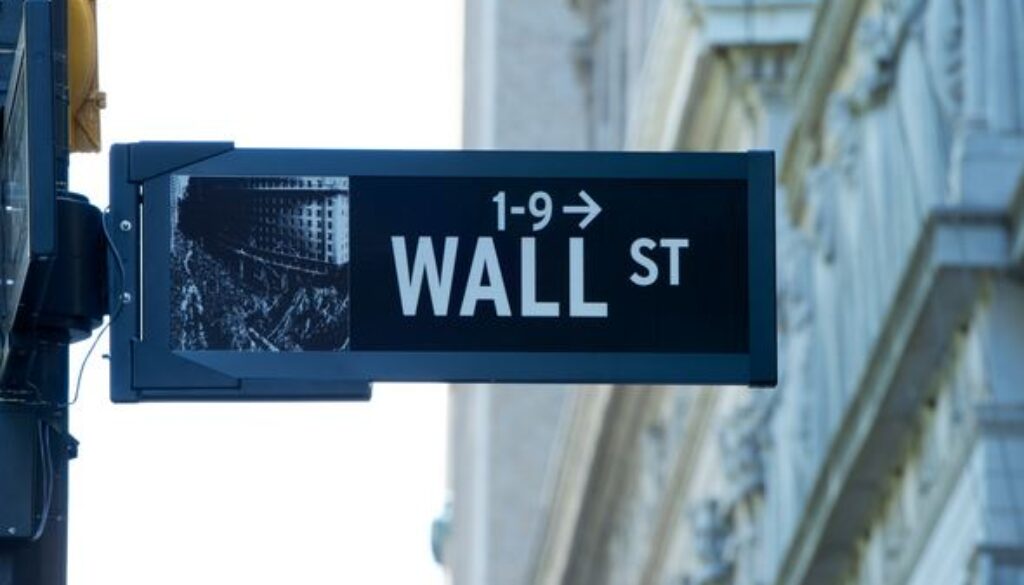NO JUSTICE
OCTOBER 2011
I have been pointing out the painfully obvious and the all too often ignored truth about Wall Street and how it operates for some time now. It has been my contention that white-collar crime in this arena does pay. Almost every major scandal that has been exposed over the past fifteen years, has ended up with a verdict where the defendant neither admits or denies wrongdoing, pays a fine and goes back to his or her job. The only exception to this all too often occurrence is when the victim of the crime happens to be a big investment firm.
UBS trader Kweku Adoboli was recently charged on three counts: two counts of false accounting and one count of fraud by abuse of position. He is alleged to have been engaged in rogue trading activities costing UBS an estimated $2 billion in losses. UBS and the authorities are sparing no expense or resource in bringing Adoboli to justice.
Adoboli is not the first employee to cross his boss and be brought to bear or will he be the last, and rightfully so. I do find it ironic and sad that these same financial institutions that see justice being served on their behalf never have the tables turned on them. Especially with their malfeasance exceeding anything these rogue traders have pulled-off by many magnitudes.
In contrast to the Adoboli case: Citigroup has agreed to pay $285 million to settle civil fraud charges that it misled buyers of mortgage investments just as the housing market was starting to implode. Citigroup neither admitted nor denied the SEC’s allegations in the settlement. “We are pleased to put this matter behind us and are focused on contributing to the economic recovery, serving our clients and growing responsibly,” Citigroup said in a statement. The investment that was tied to the U.S. housing market, ended up defaulting in November 2007 and left investors with a worthless investment. Citigroup made money crafting and selling the garbage investment and they also made $160 million shorting the investment (betting that the investment would collapse). On February 28, 2007, the very day the investment closed, an employee and trader at Citigroup wrote in an e-mail that the portfolio was “dog$%&&” and “possibly the best short EVER.” Another internal e-mail had an investment manager at Citigroup stating, “The portfolio is horrible.”
Did anyone get as much as a reprimand in regards to the double dealing that took place during the mortgage crisis? Most people have no idea that the big investment houses knowingly packaged bad mortgages and put together securities that were nothing more than financial time bombs that were impossible to defuse. Most people also have no idea that these same firms also purchased securities (credit default swaps) that was nothing more than a bet that the time bomb would go off. Billions if not trillions were lost globally based on these dealings.
I believe that we should be equal under the law. Unfortunately securities laws are written by lawyers for lawyers, therefore there is no black and white, right and wrong. Justice is bought and sold like any other security, except in this scenario the individual investor is priced out of the market. The unfortunate legislation and regulations that are provided to us by our fearless leaders are just thousands and thousands of pages of added confusion. What the securities industry needs in order to bring confidence back is simplicity. We need rules and regulations that are not laden with millions of caveats, exceptions and loopholes.
To put this into proper perspective, the Glass-Steagall Act of 1933 that was stupidly repealed in 1999; which kept conflicts of interest and nefarious dealings limited for 66 years, was 37 pages long. Since the repeal of Glass-Steagall we have had two major pieces of financial regulatory legislation passed, Sarbanes-Oxley and Dodd-Frank; combined you are looking at over 2000 pages. In my opinion we are sacrificing way too many trees for essentially nothing. Simplicity in laws and regulations will not only help to stamp out fraud, it will also foster growth. We need Wall Street to return to its roots in funding entrepreneurs. Ironically, many of the regulations from Sarbanes-Oxley made that endeavor much too difficult. The paper-shifting, financial engineer industry that has exploded over the last decade needs to be done away with. Unfortunately, the opportunity to break up the big financial institutions and their inherent conflicts of interest was ignored during the whole TARP debate. This should be revisited.
To Candidates for the Highest office in the Land…we are listening.
Skinner Liz Best Short Ever Ends Up Costing Citi $285M Investment News 10/19/2011
Wagner Daniel Citigroup Paying $285M to Settle SEC Fraud Charges Associated Press 10/19/2011




